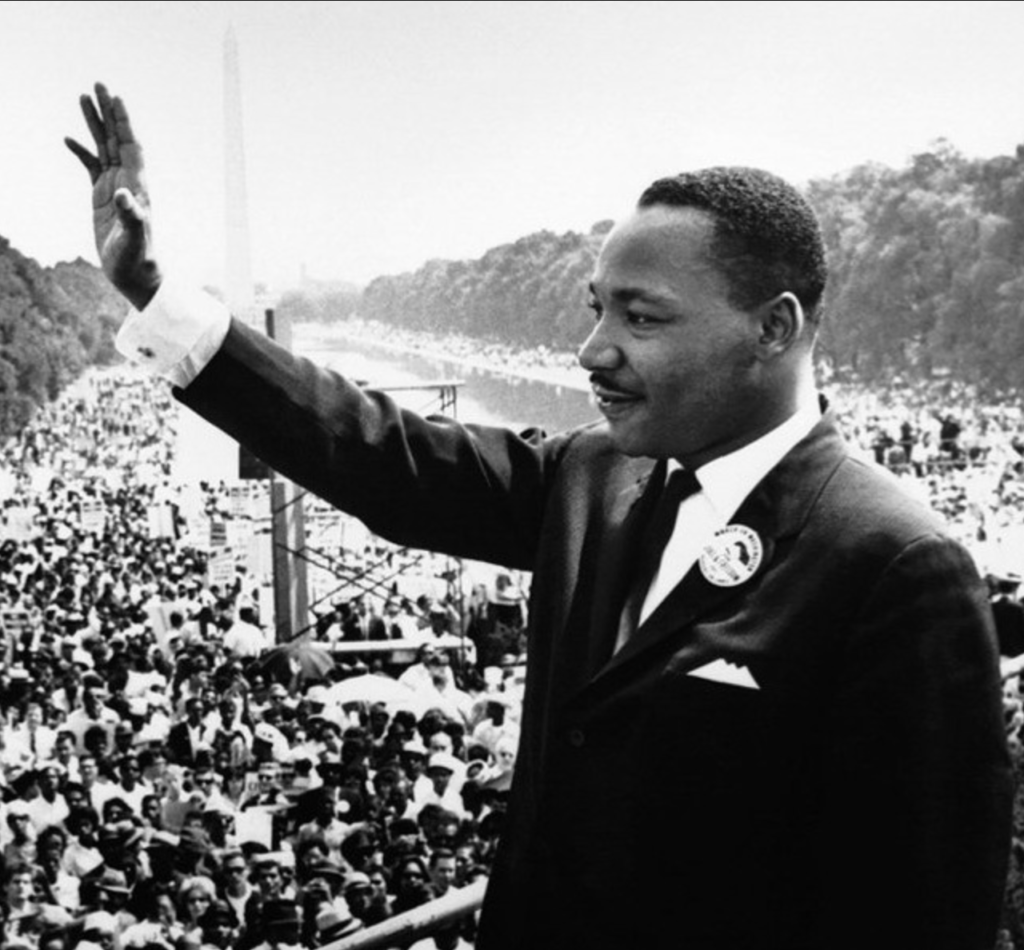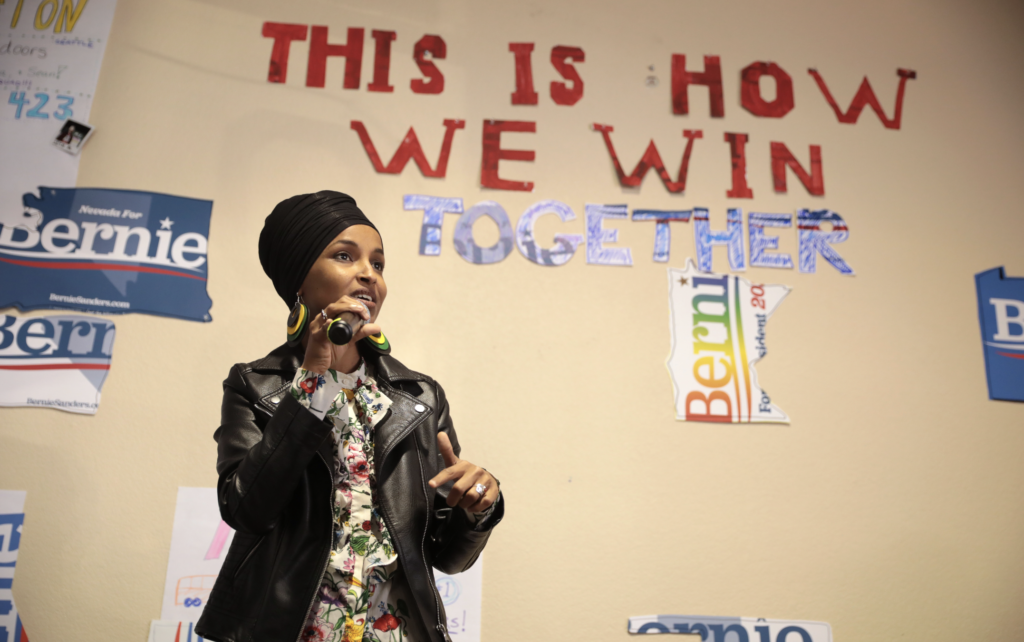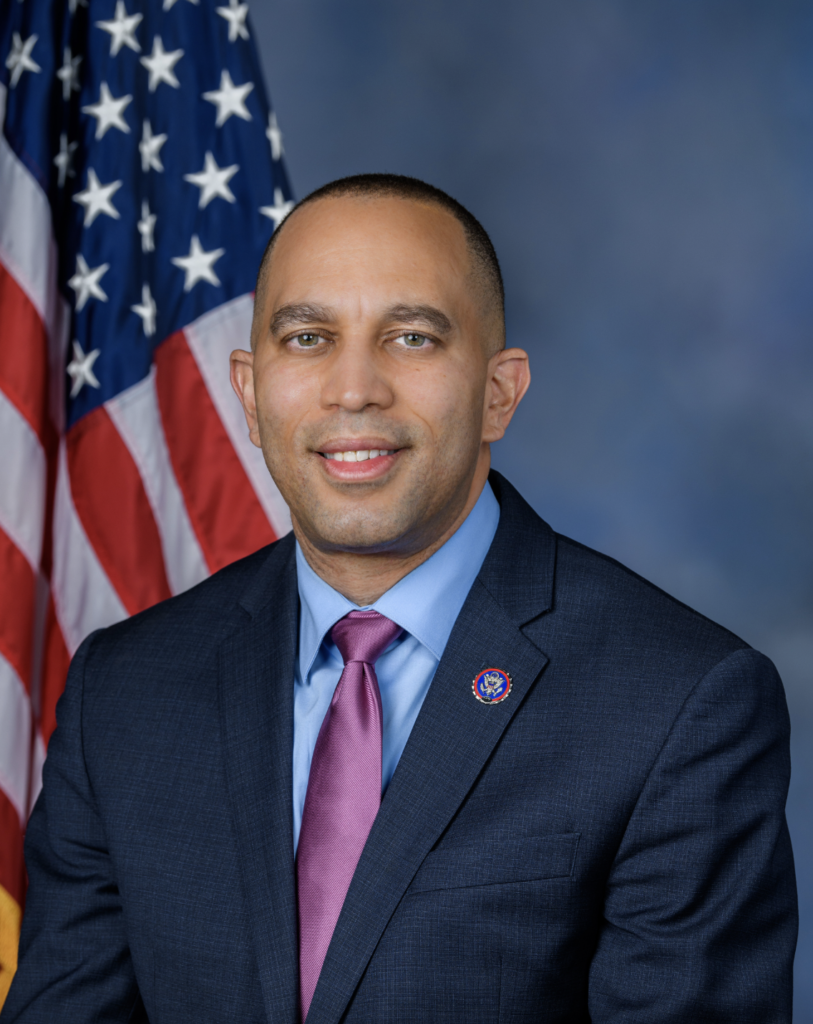Black History Month: Connections with the Arab World and a Joint Push for Progression
By: Adam Abdel-Qader / Arab America Contributing Writer
Black History Month is a period for acknowledging and remembering all the positive impacts and accomplishments African Americans have had and continue to contribute to the United States and abroad. This month’s theme, “Black Resistance,” recognizes the history behind African Americans and their battles with adversity and ongoing oppression while celebrating their current and continuing achievements.
But did you know that Arabs have also contributed to Black History Month? Black Arabs have had a prominent role throughout Black and Arab history. It is time we understand those origins and the many experiences and identities associated with Black History Month.

The Importance of Black History Month
In 1976, the United States expanded the celebration of Black History to the whole month of February as a result of President Gerald R. Ford’s message to the public, urging citizens to “‘seize the opportunity to honor the too-often neglected accomplishments of black Americans in every area of endeavor throughout our history.'” Ever since this historical recognition, the importance of Black History Month has been preached and articulated by all U.S. presidents in formal proclamations.
Within this month lies a time where progression and reflection can be substantially accumulated by studying the work of civil rights leaders from the African-American community, such as Martin Luther King Jr, Frederick Douglass, Malcolm X, Jackie Robinson, and Rosa Parks. There are many inspiring individuals to mention, but only so many can fit on one page!
To shed light on the connections between African Americans and Arab Americans, it is critical to further detail some of the geographical and cultural histories of how African and Arab cultures have transcended past politically displayed cultural barriers. Although only sometimes mentioned, these communities share an interconnected relationship rooted in the African continent and are fighting for similar civil and social rights on the American front.
Africa and the Middle East
The geographical separation between Africa and the Middle East is relatively insignificant. The Sahara desert is the most significant barrier separating the continent. North Africa is often regarded as a section of the Middle East and, when combined with sub-Saharan Africa, represents the entire continent in its total diversity.
When discussing diversity and how cultural strive and even religious transcendence have affected Black history, we often jump to divide Africa into “regions.” For centuries, these two “claimed to be” differing land masses, although entirely connected by land, have been regarded as two distinct entities. Scholars and professionals have often considered classifying specific African regions based on religious, cultural, economic, and migrational elements.
However, there are genuine connections of cultural, religious, and, at times, political components that connect all regions of Africa and, subsequently, Africans to Arabs. A prime example of this would be Islam’s deep origins within Africa and even in the African American community. As Islam is the primary religion of Arab peoples and has been for centuries, the connection here is clear. The passing of religious practices was not the only thing to connect Africans and Arabs; intermarriage was also a frequent occasion that sparked harmonies and cultural fusion between two beautiful and diverse ethnic groups.
American leaders like Malcolm X have illuminated the deep connections of Islam within the African American community. There is also historical and demographic evidence to show that Africa was one of the first continents to experience the spread of Islam. In our current day and age, nearly one-third of the world’s Muslim population resides in Africa.
Africans and Arabs have been interconnected for centuries. In unique reflections during Black History Month, we can begin to build lasting connections between the two communities and evolve our understanding of the past and the present.

Black Arabs and the Current Push For Progression
The African American community has hosted some of the most brilliant, innovative, and progressive minds that took forward stances against racism and civil injustice. These voices were heard across all fifty states and among various identities. African Americans were the sole trailblazers for civil rights movements in the United States, and without their activism, social change in the 20th century would have been impossible.
Black Arabs are among those who stood up and heard the voices of so many African-American civil rights activists. To this day, many Black Arabs are advocating further for the rights of African Americans and other minority groups in the United States. Ilhan Omar, a congresswoman representing Minnesota’s 5th Congressional District in the U.S. House of Representatives, has embraced a more inclusive and culturally diverse dynamic for her district, congress, and the United States.
In her unique and politically driven fashion, Omar has been on a mission to embrace not only progressive political stances for the betterment of social policy in the United States but a more culturally aware society that has been ever longed for within the African-American and Arab-American communities. With her elected position, she holds one of the rarest ethnic backgrounds in congressional history, making her a key political figure for African-Americans and Arab Americans. Her activism arrives at the pinnacle of change, that being policymaking, and strives to make a positive change in light of ongoing civil and social rights issues for African-Americans and all minority groups across our nation.

Conclusion
In concluding this historical and contemporary perspective on Black History, there are many lessons that we can draw.
Black History Month is a time to reflect on the fantastic achievements of some of the most progressive and influential minds that led the fight for civil rights in the 20th century and beyond. Reflection on heritage and history are critical drivers for discovering and building more interconnected relationships among ethnic communities. And last but not least, Black Arabs are becoming and will become essential activists in the progression of minority groups and their representation in United States politics.
Check out Arab America’s blog here!









